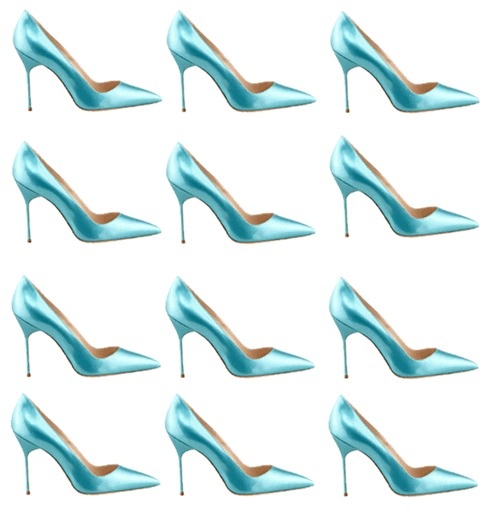let’s talk about sex.
“You never talk about what you want. You never talk about what turns you on, your fantasies.”
“Isn’t it obvious?”
“But maybe I want to hear you say it.”
“And you think this is the right time?”
“There shouldn’t be a wrong time. I’m not saying you have to act it out. I just want to hear you talk about it.”
She wanted to know what he would say. And, after today, if violence was a part of it. She imagined it must be. A person couldn’t just dole out that kind of beating if he didn’t somehow like the feeling of flesh under his fists.
“For a long time, everything sexual was in a way idealized for me. I imagine you know that. I didn’t have any experience.” He paused to swallow and she studied his face, its striking clarity. He was unashamed. She couldn’t imagine telling him the same story about what had happened to her, in New Jersey, in a bathroom with an American boy named Todd.
“I’d read too many books, maybe. I thought sex was always going to be on a four-posted bed with a woman in a white nightdress who protested then succumbed. I didn’t want to believe it was as simple and carnal as it is.”
“Simple and carnal,” she repeated.
“Wouldn’t you agree? That’s what it is when you’re in a shared dorm room and you’re rushing to finish before your roommate comes back and everything you obsessed about for such a long time is, in the end, so instinctual. There’s never really any question where you put what. A degree of finesse, perhaps, but it’s not at all as confusing as you imagined.”
“That’s not a fantasy,” she said quietly. “It’s just history.”


